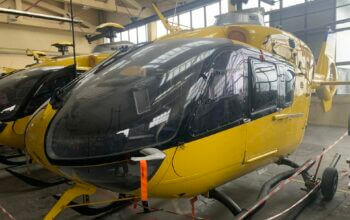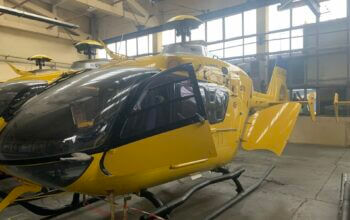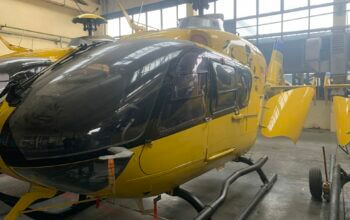Estimated reading time 3 minutes, 20 seconds.
The Canadian Airports Council has called for Ontario’s government to reconsider a proposed budgetary measure that would add as much as $100 million in costs onto the province’s air travellers and shippers. In most other Canadian provinces, flights to U.S. and international destinations are exempt from aviation fuel taxes, and there is no comparable tax in the United States. With this proposed tax increase, travel costs for all Ontarians will increase as it will be significantly more expensive to operate international air service in Ontario, hampering growth of business and leisure travel as well as tourism to the province.
“Aviation connects Ontario and Canada to the world, supporting international trade and jobs in our important and growing tourism sector. As privately operated, not for profit organizations with mandates for economic development in the communities they serve, Canada’s airports seek policies that will grow air travel to, from, through and within Canada,” said Canadian Airports Council president Daniel-Robert Gooch. “Naturally, we have grave concerns about any tax measure that would further burden the aviation sector and raise the already high cost of air travel in Canada; we hope this aspect of the budget announced today will be reconsidered.”
High aviation sector costs have been a prime concern raised by the Canadian Chamber of Commerce, which has named travel and tourism competitiveness as one of the top ten barriers to Canadian competitiveness two years in a row. As proposed, Ontario’s tax on aviation fuel would rise to as much as $150 million a year, a cost that would most burden air travellers and shippers in the form of higher fares and shipping costs.
Ontario’s move in stark contrast to British Columbia and other provinces that have cut aviation fuel taxes in a bid to grow lucrative international air routes and the business and tourism jobs they support. Overseas, the U.K. recently announced it would review its controversially high Air Passenger Duty amid competitiveness concerns. This follows reforms taken by countries such as the Netherlands, Ireland, Germany and Australia to lower their own aviation taxes.
“Adding more cost to Canada’s aviation sector risks not only making Canadians’ travel for business or vacation more expensive, it impacts international air carrier’s decisions on whether or not they will even serve this country,” said Gooch. “It should be the goal of every Canadian government to support a strong, internationally competitive aviation sector.”
According to a recent Conference Board of Canada study, aviation contributes nearly $35 billion in GDP to Canada and supports 141,000 direct jobs. In addition to garnering the attention of Canada’s business and tourism sectors, high taxation on aviation in Canada is recognised as key factor in driving about five million Canadians to fly out of U.S. alternative airports.
Notice a spelling mistake or typo?
Click on the button below to send an email to our team and we will get to it as soon as possible.
Report an error or typoHave a story idea you would like to suggest?
Click on the button below to send an email to our team and we will get to it as soon as possible.
Suggest a story







